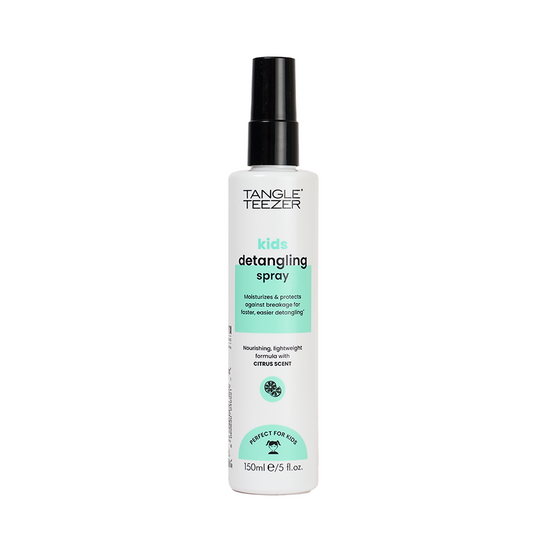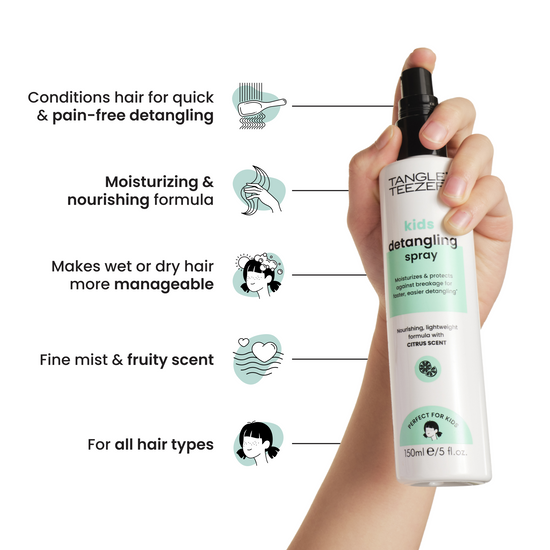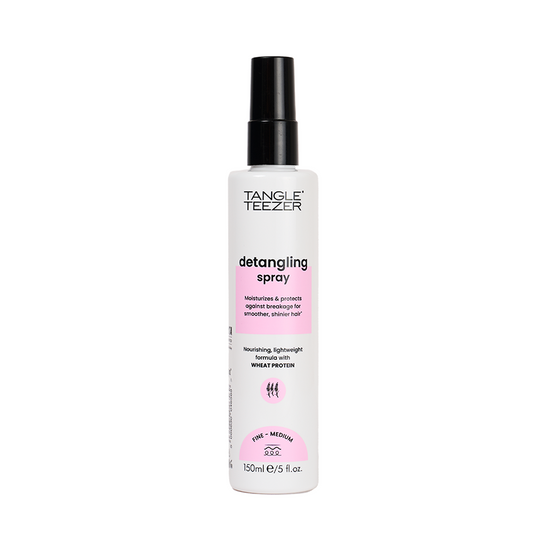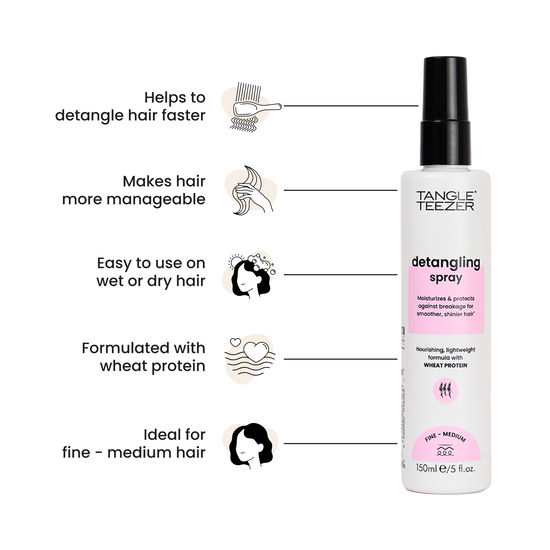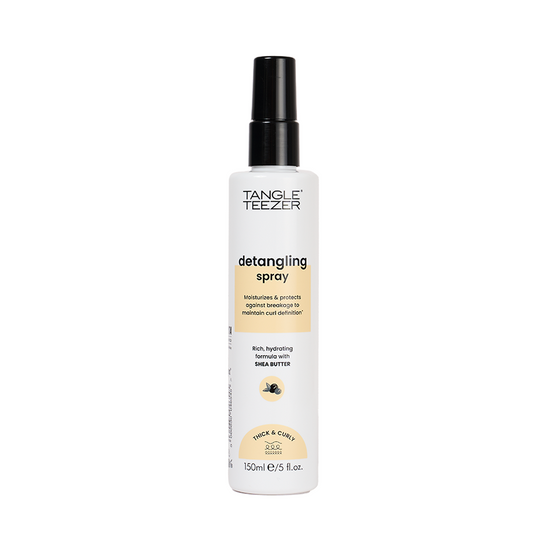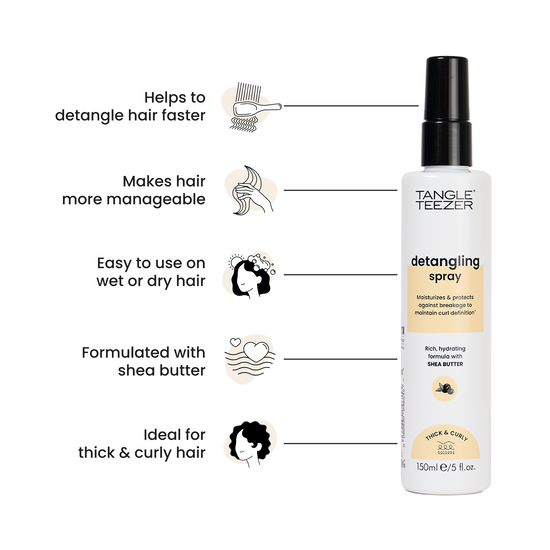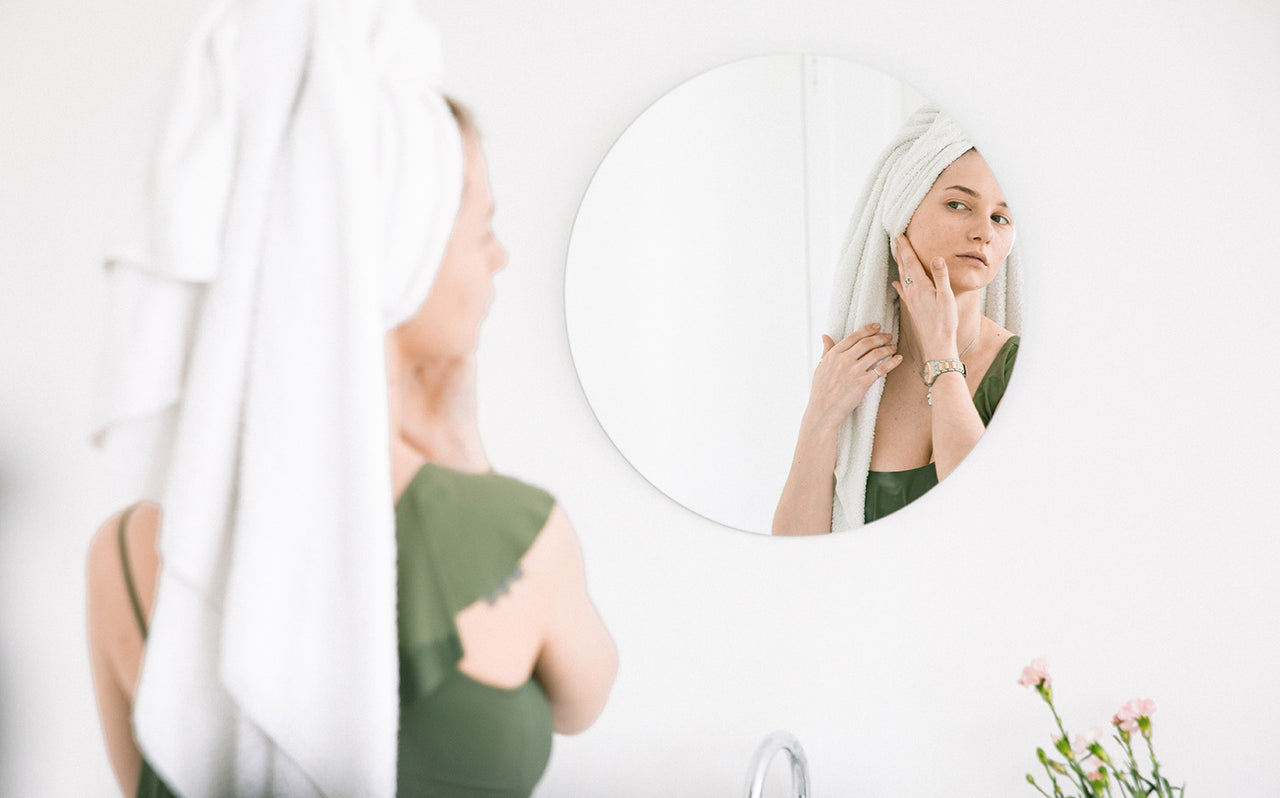Are you struggling with unwanted hair growth due to PCOS? PCOS is one of the most common reproductive health issues around - impacting 1 in 10 women worldwide and yet there is still a huge lack of support and information out there about it. The condition not only causes irregular periods, but it can come with a bunch of symptoms that impact our mental and physical health - including acne, unwanted hair growth, and hair loss. It’s important that we break the taboo and misinformation around these issues - so read on for our guide on all things PCOS and hair.
What is PCOS?
PCOS is a really common condition, but it can be hard to understand and diagnose.
There are 3 key features of PCOS: polycystic ovaries (having cysts on the ovaries), irregular or lack of ovulation (which also often means irregular periods), and elevated levels of hormones called androgens (one of which is testosterone). You only need 2 out of 3 of the criteria to be diagnosed with PCOS.
‘Polycystic ovaries’ describes the way your ovaries look on an ultrasound scan. Ovaries have little cysts on them – from which eggs are released. However, ovaries appearing ‘polycystic’ just means that they have a few more of these little cysts (and are generally a little larger overall) than average. However, just because you have polycystic ovaries does not mean you have PCOS - which might sound a bit confusing.

To diagnose polycystic ovary syndrome, your general practitioner will ask you about your family medical history (as PCOS is often hereditary) and your current symptoms. They will then usually conduct an ultrasound to check if you have cysts on your ovaries and a blood test to understand your hormone levels - specifically keeping an eye out for high androgens.
There is no cure for PCOS but there are many things you can do, including improving your diet and leading a healthy life, that can help manage your symptoms and regulate your cycle.
Why does PCOS cause body hair growth?
So remember we mentioned that PCOS can involve having a high level of androgens - like testosterone - in your body? Well, as you may know, testosterone is generally associated with being the male sexual hormone. Now, all women have some testosterone, but with PCOS the testosterone levels can be abnormally high, and this is what can trigger excessive growth of unwanted facial or body hair, otherwise known as hirsutism. Of course, we all have hair around our bodies, but people dealing with high androgens may find that the hair is dark, coarse and long - and very obvious. For women to have hair like this on their face and other exposed parts of their bodies like arms, can be very distressing and have an impact on their self-esteem.
How to treat Hirsutism?
Hirsutism can be treated by medical endocrinologists who specialise in the hormones that deal with controlling metabolism, blood pressure and the reproductive system. Whilst gynaecologists will help to examine the functionality of the ovaries, dermatologists will specialise in treating the condition of the skin and hair. For a broader examination, general practitioners can conduct several tests such as x-rays, ultrasounds, and blood tests.
Hirsutism can either be treated with medication or hair removal options such as laser therapy. PCOS laser hair removal focuses on using heat to destroy the darker hair within the pigmented cells. Alternatively, electrolysis destroys the singular roots of the hair. This technique may not be suitable for the entire body, but for smaller areas such as facial hair.
Another option is to consider mediation. One of the most common drugs that are recommended by physicians to treat PCOS-related hirsutism are oral contraceptives (birth control pills), as they help to reduce hormone levels, specifically androgens. Other androgen-suppressing medications such as spironolactone, finasteride and flutamide, can help to reduce the hormone levels in the body. However, it’s important to remember that taking medications like this does not necessarily deal with the root issue at play - it merely masks the symptoms for a certain time. Once you stop taking either the contraceptives or mediation, the symptoms will likely return - and at times they can even come back worse.
Another thing to consider when it comes to managing PCOS symptoms, including hirsutism, is your diet. Teas including green tea and spearmint tea have been found to have anti-androgen properties and eating vegetables rich in Diindolylmethane (DIM) like broccoli and sprout can also help to reduce testosterone levels.
Can PCOS cause hair thinning or hair loss?
The frustrating thing is that whilst PCOS can cause the growth of excessive facial and body hair, it can also trigger hair thinning and loss. As with hirsutism, this symptom is caused by higher levels of androgens, and women will sometimes notice they lose hair from the crown to the front of the scalp - the place where men often experience baldness. Androgenic alopecia (female pattern hair loss) is the result of a receding hairline commonly occurring near the front of the scalp. Although it’s not a life-threatening symptom, it can really knock your confidence and make you feel insecure.
Will the hair ever grow back?
Whilst unwanted hair growth can be dealt with fairly simply with laser hair removal, hair loss is a bit more complicated to deal with. In most cases, the hair will not grow back naturally, but with medical treatment, the hair follicles can be stimulated again. Some of the medications that are used to treat hair thinning and hair loss are similar to those used to deal with unwanted hair growth - minoxidil, finasteride, and oral contraceptives. However, it’s recommended that you speak with your physician about the best approach for you. It is important to note that these medications are effective at slowing down the process of hair thinning rather than reversing it entirely. For people with PCOS, it’s important to try to control the elevated levels of androgen production first, before using medications for influencing the hair follicles.

How to make hair loss less noticeable?
If you prefer to avoid using medical treatment, there are several ways to manage the appearance of PCOS-related hair loss or hair thinning. There are certain hairstyles that can make a receding hairline or patchy hair loss less obvious. Try getting a layered haircut, which can add fullness and volume or create a centre or side-parting in your hair to reduce the appearance of bald patches. You could also try volumising hair products that lift the hair you have so that bald patches aren’t as easy to see.
If you are really struggling with hair loss and want a solution that gives you total confidence, a wig, or partial wig, can cover thinning hair. Of course, choosing a wig can be intimidating but you can read our article on how to find the right wig and style it properly right here.
What products can prevent hair loss?
If you are worried about hair loss and hair thinning, it’s important to find products that can detangle your hair gently, without causing more breakage or loss. With two-tiered softer bristles, the Fine and Fragile hairbrush range at Tangle Teezer focuses on detangling wet or dry fragile hair. For patients with androgenic alopecia, this hairbrush can be really helpful - as it not only protects your delicate hair but stimulates the scalp whilst brushing to encourage hair growth. Other products you could consider investing in include volumizing shampoos and conditioners, hair serums, and hair supplements.

Where can I reach out for support?
PCOS can be really tough to deal with - both emotionally and physically, so it’s important to remember that you’re not alone and that there’s plenty of support out there. In-person or online support groups can offer you the chance to speak about your own journey with PCOS and hear others tell their stories. These groups can also give you the opportunity to get advice from experts and women who understand what you’re going through. The Women’s Hair Loss Project is an online support community where women can share their experience and journey with hair loss and reproductive health platform Parla offer online group PCOS programmes with a registered hormone expert and nutritionist, so you can learn how to manage symptoms healthily and holistically.
Whether you’re suffering from excessive hair growth or hair thinning and hair loss, there are several ways you can manage it - so don’t be disheartened. Never be afraid to speak to your doctor about your concerns - they will always be able to offer you advice and help you find the right treatment route for your symptoms.
